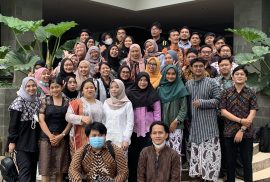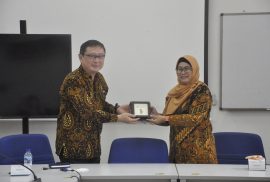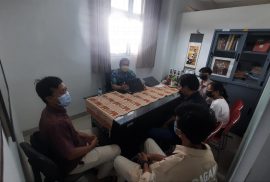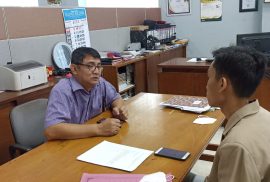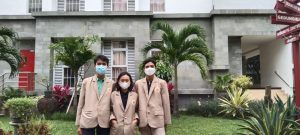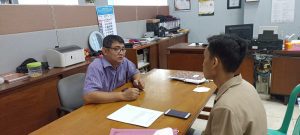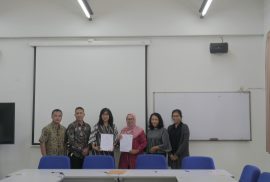Sebagai bentuk perayaan Kamis Pahing yang jatuh pada tanggal 8 September 2022, civitas akademika di lingkungan Fakultas Ilmu Budaya UGM mengenakan pakaian tradisional yang berasal dari berbagai daerah. Kegiatan ini disambut dengan baik dan positif oleh para civitas akademika FIB UGM. Berbagai balutan busana tradisional nusantara yang indah mewarnai perayaan Kamis Pahing di lingkungan kampus. Imbauan pengenaan busana tradisional pada hari Kamis Pahing merujuk pada peraturan Gubernur DIY nomor 87 tahun 2014 tentang penggunaan pakaian tradisional pada hari tertentu di DIY. Perayaan tradisi Kamis Pahing, yang jatuh setiap 35 hari sekali ini diharapkan dapat menjaga dan melestarikan budaya leluhur, serta nilai-nilai kebaikan yang terkandung di dalamnya.

